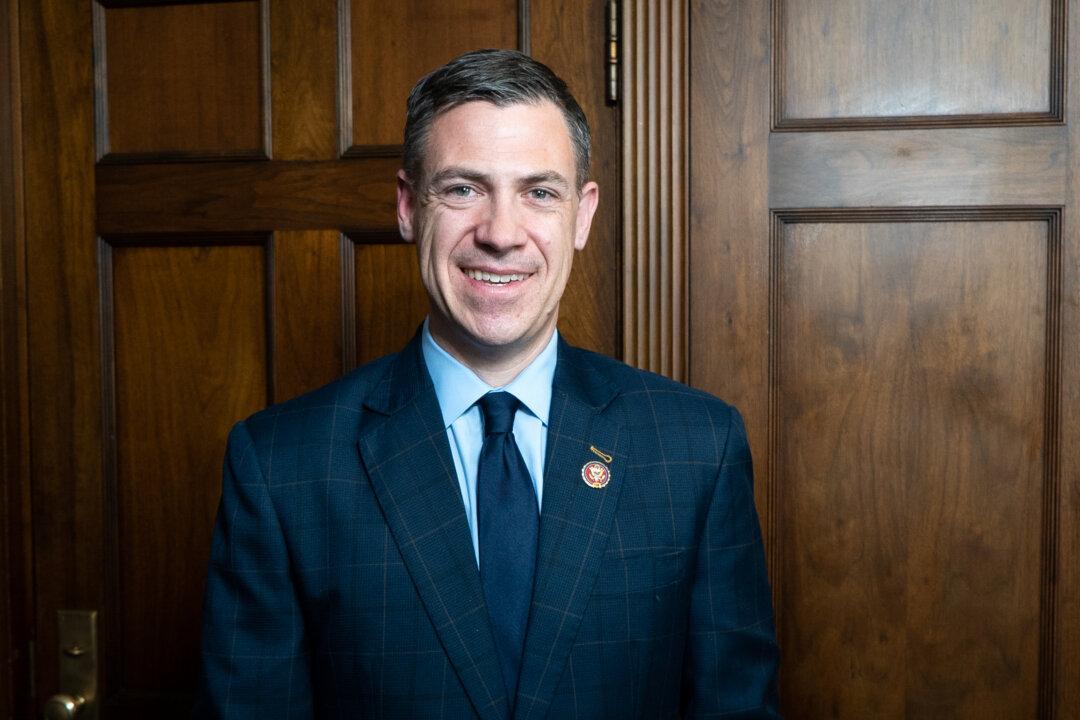Rep. Mike Johnson (R-La.) and Rep. Jim Banks (R-Ind.), the outgoing and incoming chairmen of the House Republican Study Committee encouraged President Donald Trump to keep exposing evidence of widespread fraudulent voting in the Nov. 3 election.
“I’m a constitutional lawyer, and I’ve spoken with the president about this over the last couple of weeks, encouraging him to exhaust all the legal remedies, because it is so critically important,” Johnson said in response to a question from American Enterprise Institute President Robert Doar.





